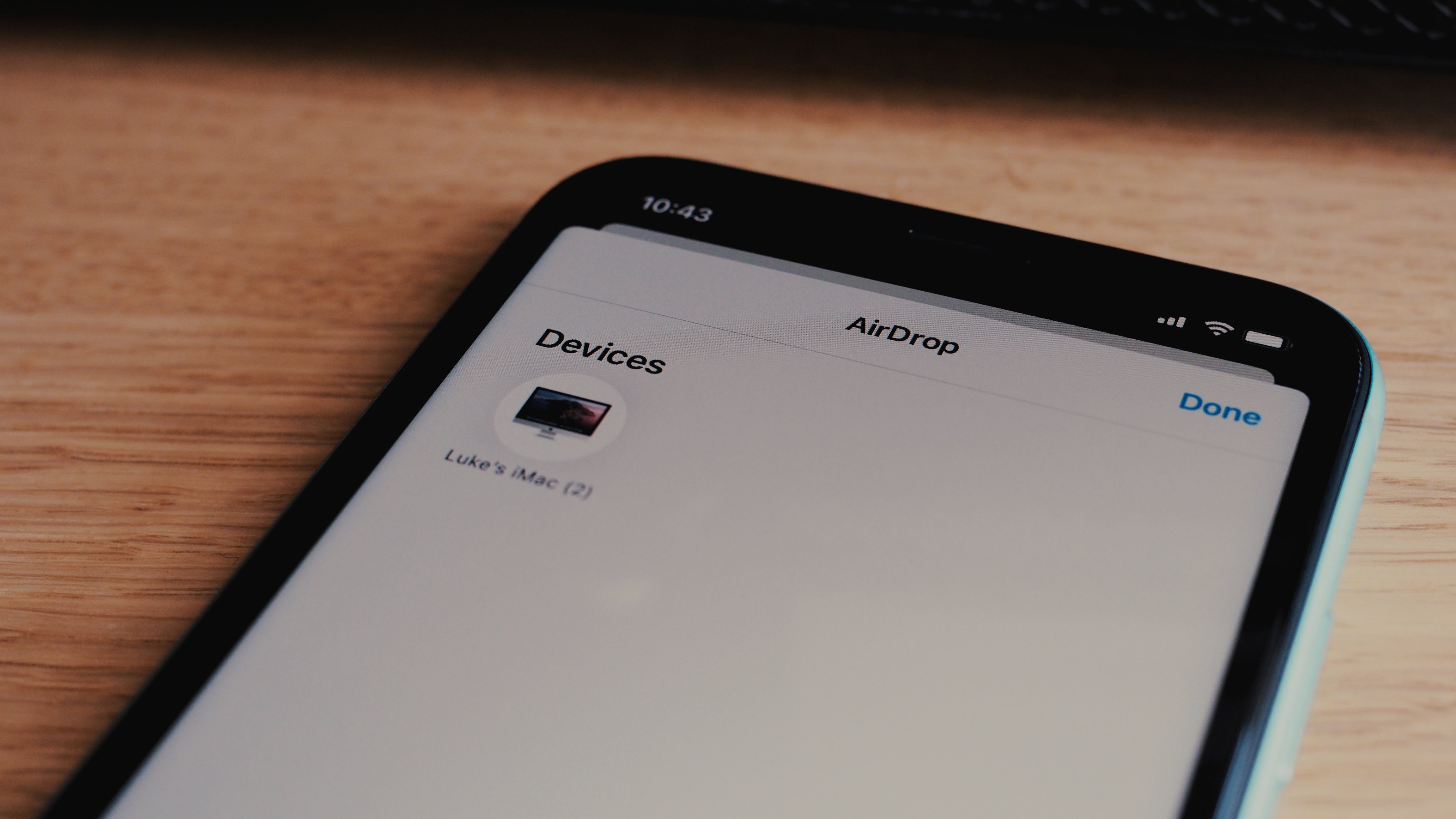China's grip on AirDrop could tighten in the name of national security
AirDrop and Bluetooth filesharing are being targeted.

Apple could be about to have a new problem in China, this time over its AirDrop file transfer feature.
Apple and China have already had dealings over AirDrop of course. Apple altered iOS to change the way AirDrop worked in China and China alone, before eventually rolling the same change out globally. And while that change means that strangers are less likely to send people files without permission, that might not be enough.
With China worried that AirDrop could be used to circumvent its censorship efforts, the country is reportedly now working on tightening its grip — with AirDrop firmly in its sights.
Stranger danger
The change made to AirDrop — whether at China's behest or not — meant that people can no longer have the feature configured to always receive files from strangers. Instead, after ten minutes, the setting now defaults back to only allowing them from people that are in a person's Contacts app.
At the time it was thought that China wanted to avoid people easily spreading anti-government information via AirDrop. It's said that people were sending that information to others without their consent, hence the change to default to only allowing AirDrop transfers from contacts.
However, CNN now reports that China wants to go further.
"China’s cyberspace regulator plans to issue new rules clamping down on the use of wireless file sharing functions such as Bluetooth and Apple’s AirDrop on national security grounds," CNN reports. A draft proposal was created by the Cyberspace Administration of China — an outfit that reports to Chinese leader Xi Jinping.
Master your iPhone in minutes
iMore offers spot-on advice and guidance from our team of experts, with decades of Apple device experience to lean on. Learn more with iMore!
"The aim of the regulation is to 'maintain national security and social public interests' by regulating the use of close-range wireless communication tools such as Bluetooth, Wi-Fi and other technologies," the report continues.
The draft goes on to say that people mustn't share “illegal or harmful” information via features like AirDrop, and that any violations should be reported. It also wants anyone who uses AirDrop to have to provide their names and other identifiable information.
If Apple made that possible, China would theoretically be able to trace anyone who used AirDrop to send any kind of information it deems illegal.

Oliver Haslam has written about Apple and the wider technology business for more than a decade with bylines on How-To Geek, PC Mag, iDownloadBlog, and many more. He has also been published in print for Macworld, including cover stories. At iMore, Oliver is involved in daily news coverage and, not being short of opinions, has been known to 'explain' those thoughts in more detail, too. Having grown up using PCs and spending far too much money on graphics card and flashy RAM, Oliver switched to the Mac with a G5 iMac and hasn't looked back. Since then he's seen the growth of the smartphone world, backed by iPhone, and new product categories come and go. Current expertise includes iOS, macOS, streaming services, and pretty much anything that has a battery or plugs into a wall. Oliver also covers mobile gaming for iMore, with Apple Arcade a particular focus. He's been gaming since the Atari 2600 days and still struggles to comprehend the fact he can play console quality titles on his pocket computer.
